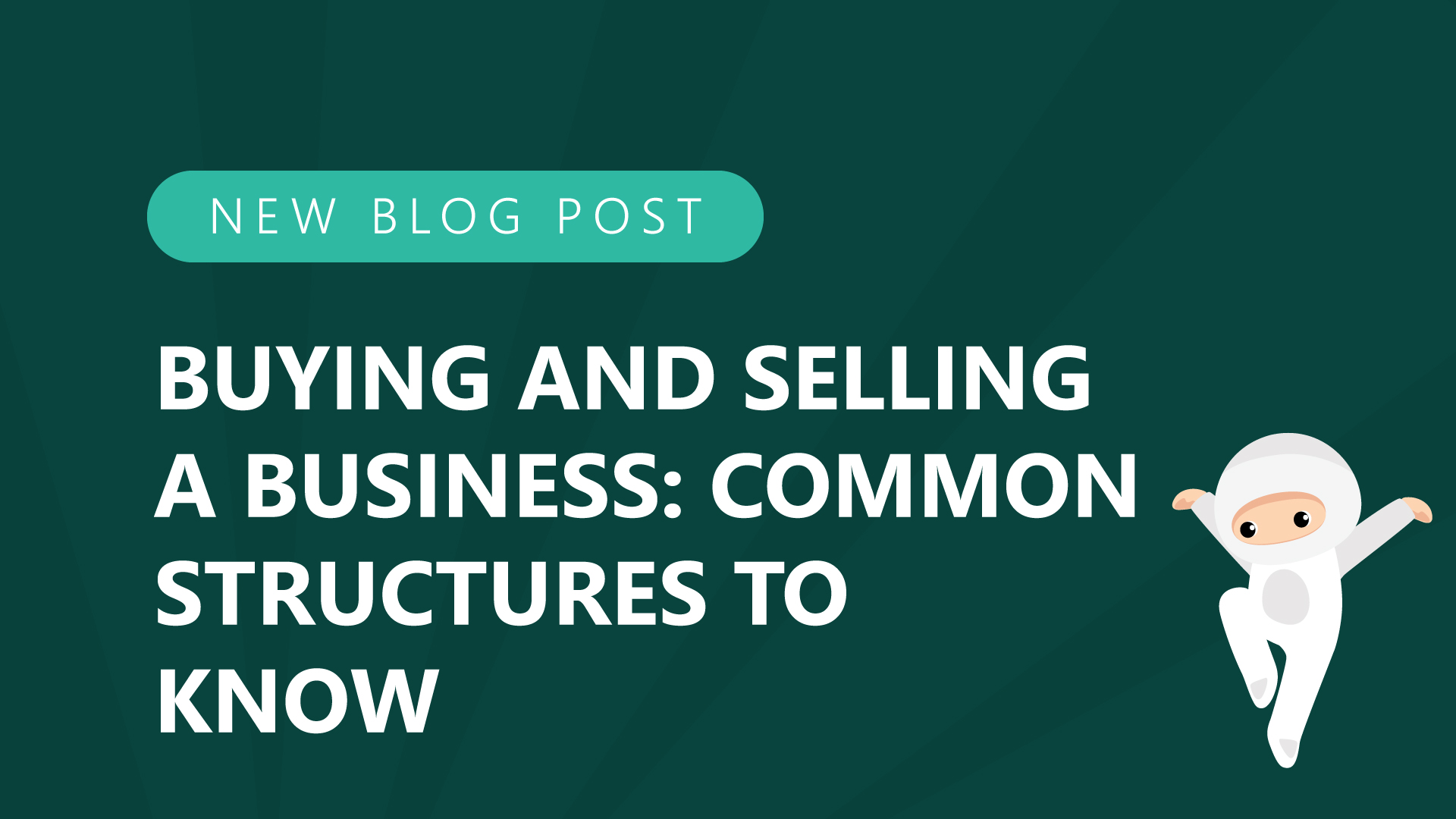Many entrepreneurs may not have thought of ways to make a deal more beneficial. Or they don’t know the best way to structure a sale. That’s where a coach or advisor like Joe Valley comes into play.
Joe points out that cash is a type of offer but there’s also cash plus a hold deck, cash plus a stability payment, cash plus a seller note, cash plus an earnout, cash plus an equity role, and—you get the point.
The basics of stability payments
FBA aggregators may come in and roll up businesses and buy them at 2–4X and add them to their portfolio. They instantly become worth 8–10X because they can scale them at a higher level. Aggregators usually offer a stability payment. It’s a negotiation tactic.
They may offer $1 million for your business. However, because of the risk associated with purchasing an online business, they decide to withhold 10% in escrow. It will be released after 12 months—as long as the business is within 90% of the total revenue in the 12 months before buying.
What’s the problem with that? $100,000 per million is a lot of money. What if revenue lands at 89.9%? You’ve lost $100,000! Joe recommends that you look at a stair structure instead. If the business is within 85–90%, you get $75,000. If it’s 80–85%, $50,000. Conversely, if revenue is at 120%, ask if there’s an upside for you. Accept the terms of the stability payment, but ask for $125,000 if the business is operating at 120%.
Why earnouts are so ugly
The larger or riskier your business is, the more likely you’ll be asked to agree to an earnout. But what if the person that buys your business is growing it? Typically with an earnout, you’d get paid a certain amount of money as long as the revenue hits a certain level. But what if something completely out of your control destroys your earnout potential and the money’s gone? Joe saw an earnout where the revenue target was X and the business was 95% of the way. They had to hit the target by June. But on the 15th of May, the business ran out of inventory because they didn’t plan well.
This entrepreneur was 95% of the way to a $300,000 earnout bonus. It was no fault of his own that the business didn’t perform as expected, right? That’s why you should consider a clause in your contract that requires the buyer to pay you in full if they don’t adhere to the clause (i.e., don’t let two weeks lapse without ordering inventory).
Where Joe commonly sees earnouts
Joe sees earnouts more commonly in service businesses. Why? The owner/operator of a service business is essential to daily operations because of their expertise. The best thing you can do is minimize the importance of yourself in the business.
At one point, Joe managed 70% of Quiet Light’s transactions. Now, they’ve built a team of 13 advisors. But Joe has become the face and name of the business. Why? Because he launched a book and is speaking on podcasts. Joe points out that’s also a problem. Anyone buying the business would want Joe to stick around as the face/name for a while. Sellers and buyers have to consider all of these things.
Work with an advisor when buying and selling a business
When you’ve reached the point where you’re ready to sell the business you’ve built from the ground up, it’s highly advisable to work with a knowledgeable coach or advisor. They can help you structure the deal in the best way possible for you.
Everyone on Joe’s team at Quiet Light is required to have built, bought, or sold their own online business. Half the team probably wouldn’t have to work for the rest of their lives. When you work with an advisor at Quiet Light, you get the advantage of their years of experience throughout the entire process.
Joe wrote his book “The EXITPreneur’s Playbook: How to Sell Your Online Business for Top Dollar by Reverse Engineering Your Pathway to Success” because people needed answers. Everyone should have this in their toolbox. This book can help entrepreneurs get through some rough days.
To hear the whole conversation with Joe, listen to episode #281 of the Negotiations Ninja podcast!

